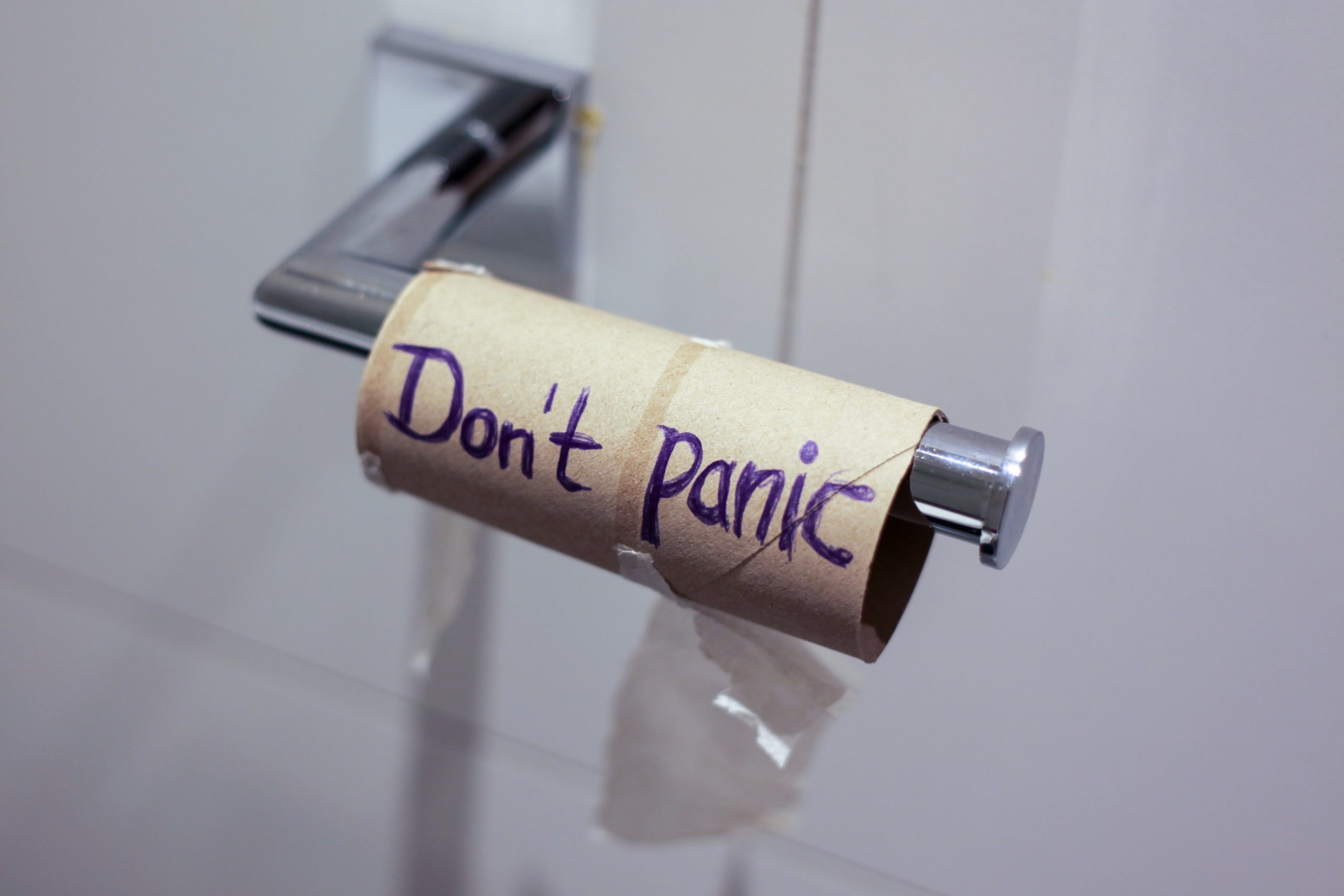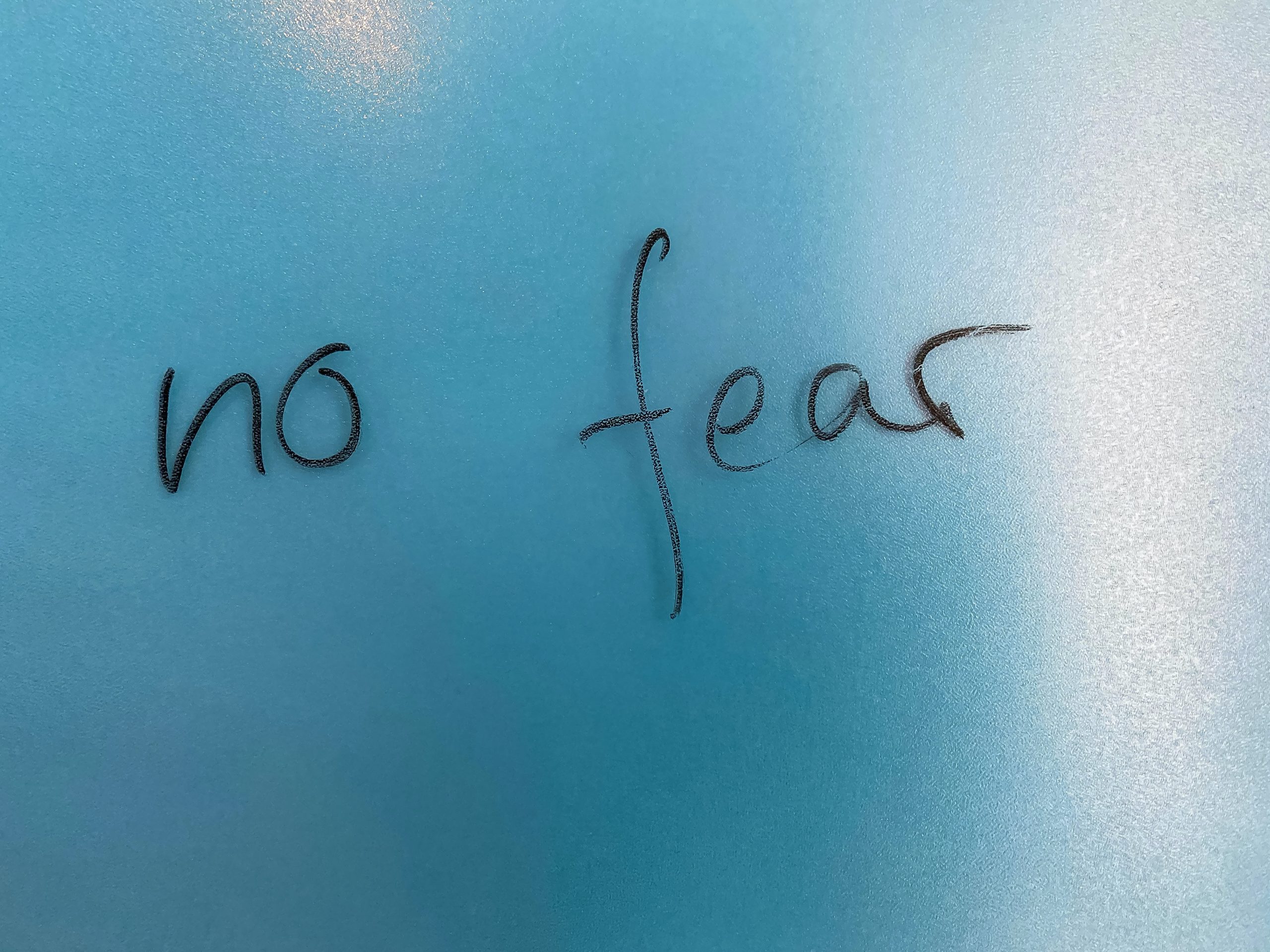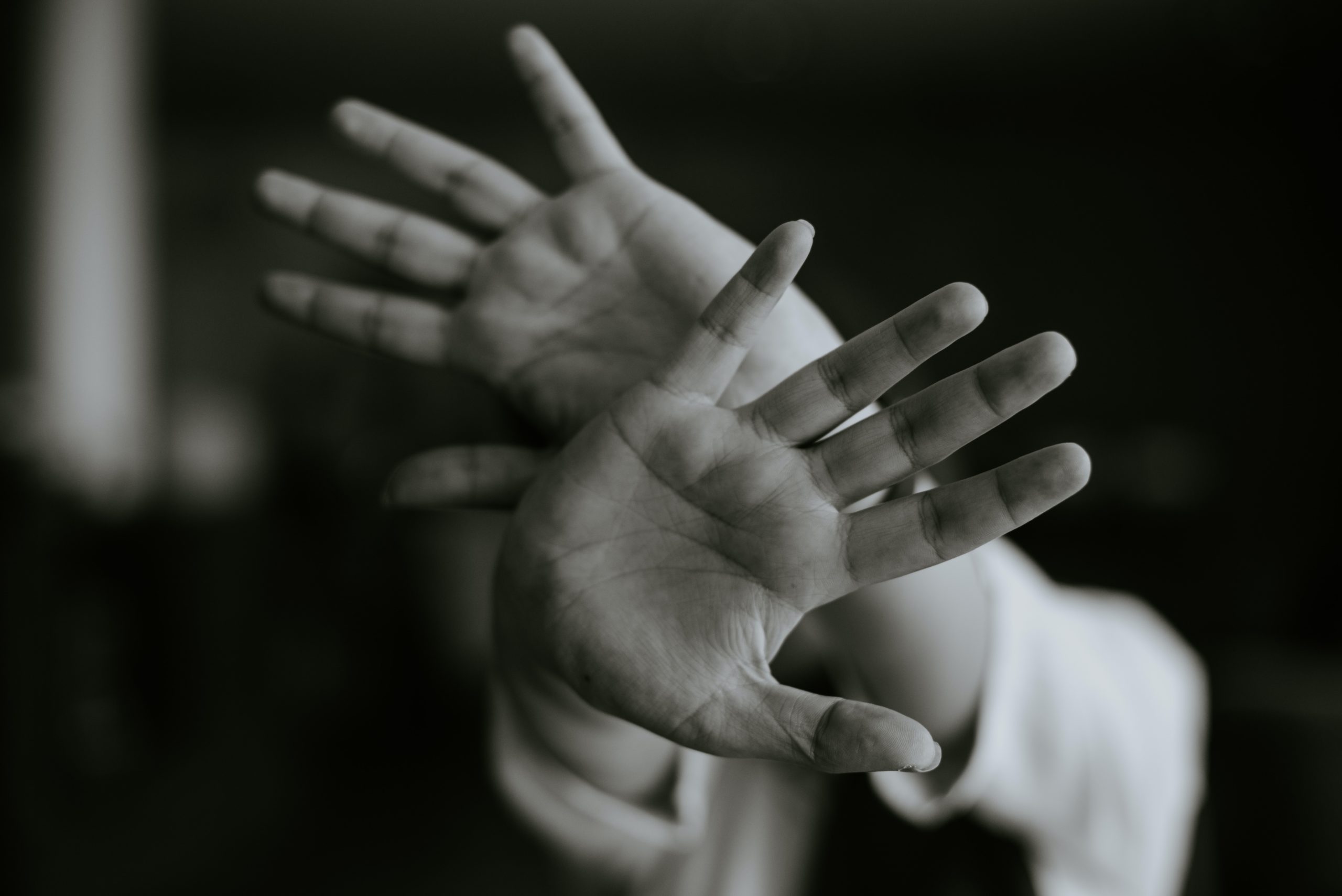BROWSE
Personal Developmet

Keep in mind crises fall into one of two categories: short-term or long-term. A short-term crisis may only last a few days to a few weeks whereas a long-term crisis can last months or even years. A short-term crisis is typically resolved quickly but a long-term crisis is ongoing.
Remember that one crisis can lead to the next. A medical crisis could become a financial crisis if you’re forced to take time off your job for a much-needed surgery. A family crisis could become a health crisis if the stress from dealing with a cheating spouse begins to affect your mental health.
It’s important to understand the different types of crises and understand which one you’re facing. But know that a crisis doesn’t have to be the end of you. You can overcome anything life throws your way. Anything.

A personal crisis can look differently for different people. You may be experiencing an unexpected divorce, the diagnosis of a chronic illness, a job loss, the death of a loved one, or losing your home to foreclosure. These moments can leave you feeling scared, overwhelmed, or angry.

Fear is an important warning mechanism our brains use to keep us safe. Some fear is important- even beneficial, while other fears are petty or exceedingly disruptive. Assessing which types of fear has value and banning fears that don’t will help you live a balanced life that isn’t distracted by an abundance of fear.

Some fear is normal. Being in an intense situation or going through an emotionally difficult time makes fear an expected part of the experience. In these cases, fear generally dissipates when the situation improves. Normal doses of fear don’t do harm to the body or cause long-term emotional issues. Our bodies are designed to manage and withstand fear.

There’s an idea that people buy into called “sunk costs”. It’s the belief that you’ve already invested so much time, energy, or money, you should continue to do so. For example, you might hate your career but say to yourself, “I’ve already been in this field for two years.”

The cornerstone of the IDGAF mindset is to make decisions without apologies or explanations. Think about it—you’ve probably found yourself stuck in a situation you were trying to avoid after giving someone a valid explanation.